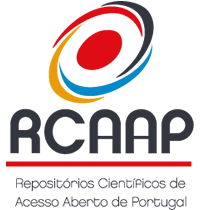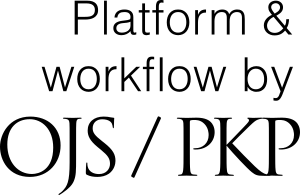Forensic Sciences towards sustainability, step by step
DOI:
https://doi.org/10.48797/sl.2024.192Keywords:
PosterAbstract
Background: "Tackling P.L.A.N.E.T." (“Promoting Living Affordably and Nurturing Environmental Transformation”) is a pioneering sustainability initiative that was launched in September 2023 at University Institute of Health Sciences (IUCS) Campus. This initiative embodies an intentional, inclusive, transformative, and proactive Action Plan aimed at cultivating healthy and sustainable behaviors throughout the campus. It is intended to create an internal model that will help identify gaps and opportunities, understand where and how behaviors can be improved, aligning with the United Nations Sustainable Development Goals (SDGs). Objective: Higher education institutions play a fundamental role in the intellectual and social development of students, but they also have a significant impact on the environment. They generate a considerable amount of waste, the management of which is essential to minimize the environmental impact. The knowledge of which, how much, when and why are reagents used in the lab classes is absolutely fundamental to a sustainable change and is the main objective of this work [1]. Methods: Laboratory protocols carried out in the curricular units throughout IUCS Forensics Science Degree in the last three years were collected and analyzed. Information about chemicals and quantities used were collected. Results: Preliminary results show that about 50% of the curricular units (19 out of 39) have lab work with more than 200 different chemical reagents. From the 611 hours of classes, 182 are dedicated to lab work. Strong acids and bases are used frequently, as well as very strong oxidants. Additionally, organic solvents as chloroform, dichloromethane and ether are used in large quantities for extraction procedures. Conclusions: Preliminary data show that a lot of waste is produced during laboratory experimental works. It is important to adjust protocols to substitute more hazardous substances, reduce and recycle organic solvents. By collecting this information, we will be able to propose guidelines to reduce lab waste and contribute to a more sustainable form of teaching and learning.References
1. Gutierrez, J.; Santaolalla, A.; Tercjak, A.; Rojo, N.; Encinas, D.; Gomez-de-Balugera, Z.; Gallastegui, G. Creating a green chemistry bab: Towards sustainable resource management and responsible purchasing. Sustainability (2020), 12, 8934.
Downloads
Published
How to Cite
Issue
Section
License
Copyright (c) 2024 Cristina Couto, Beatriz Araújo, Cláudia Ribeiro

This work is licensed under a Creative Commons Attribution 4.0 International License.
In Scientific Letters, articles are published under a CC-BY license (Creative Commons Attribution 4.0 International License), the most open license available. The users can share (copy and redistribute the material in any medium or format) and adapt (remix, transform, and build upon the material for any purpose, even commercially), as long as they give appropriate credit, provide a link to the license, and indicate if changes were made (read the full text of the license terms and conditions of use).
The author is the owner of the copyright.









